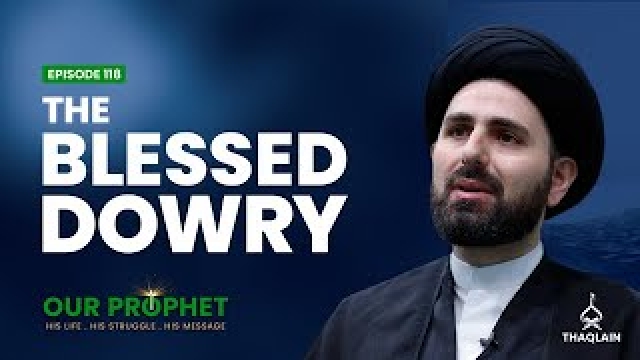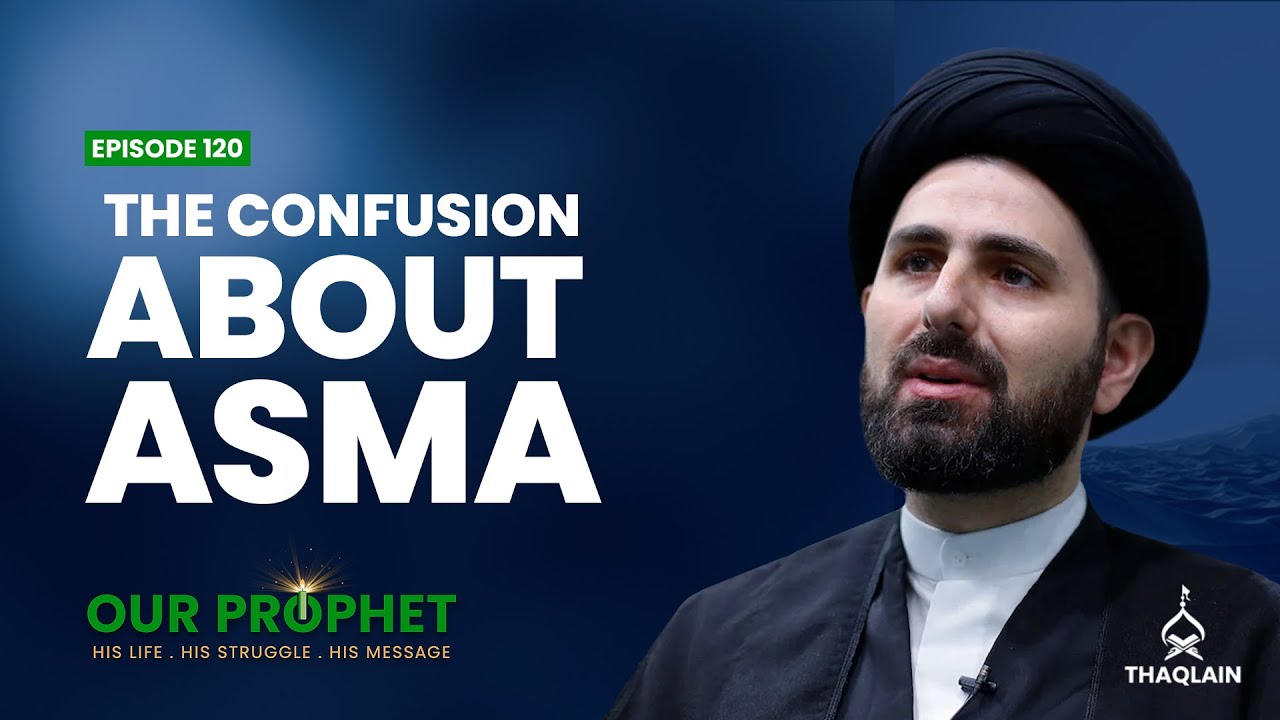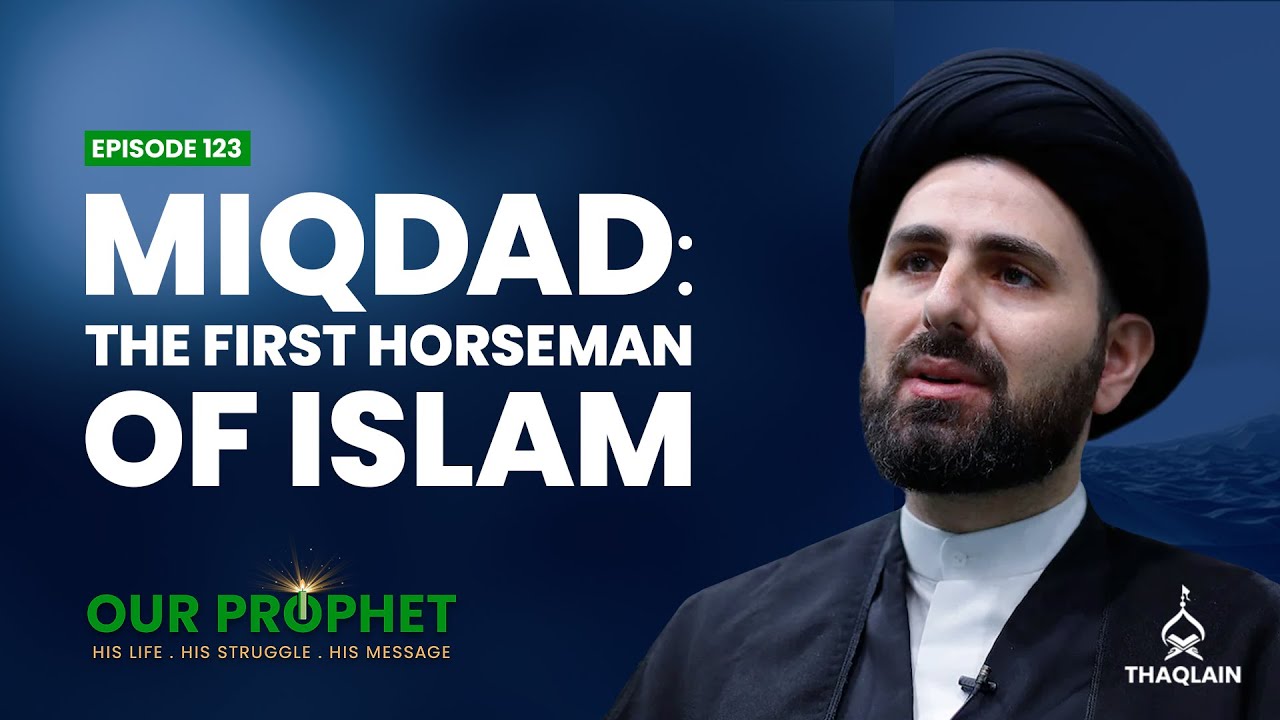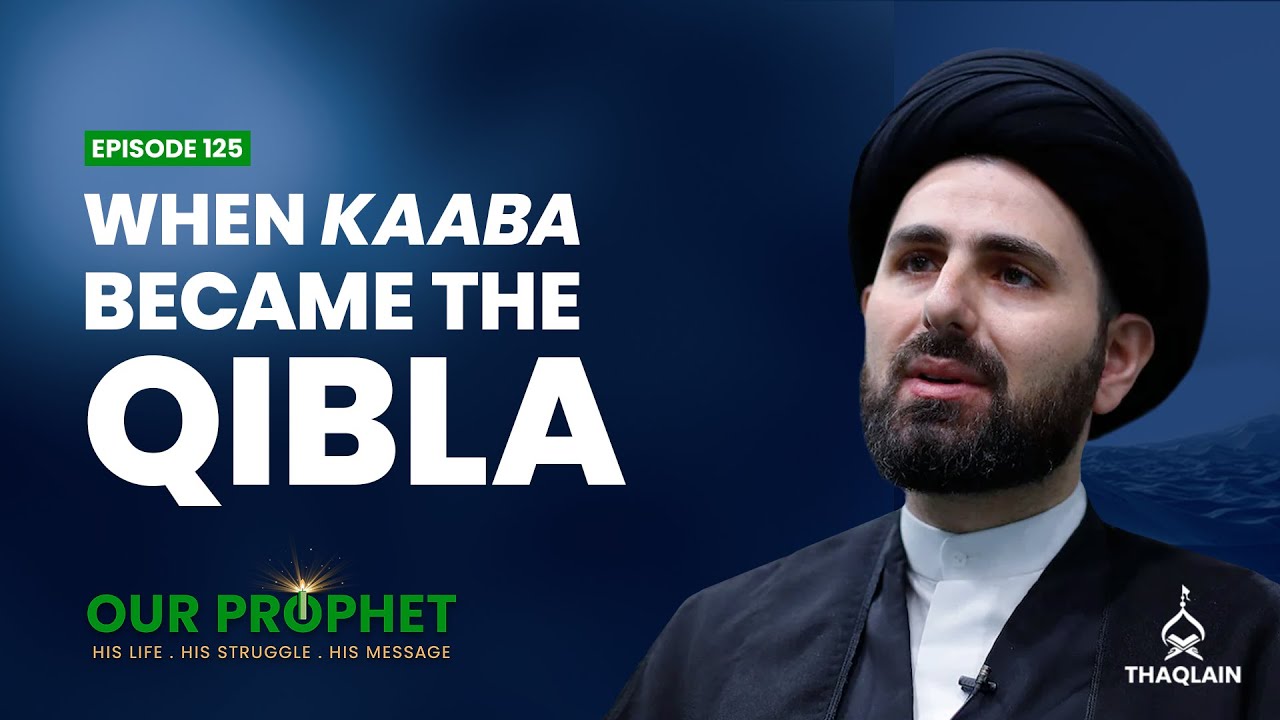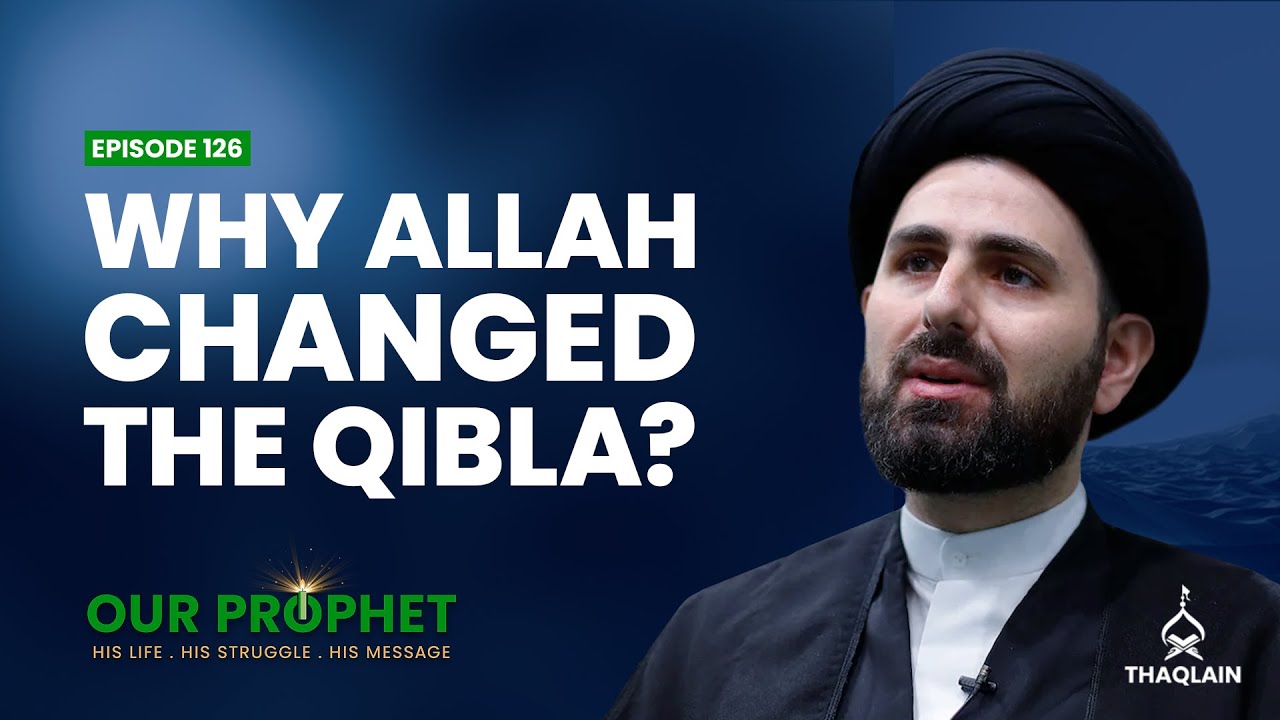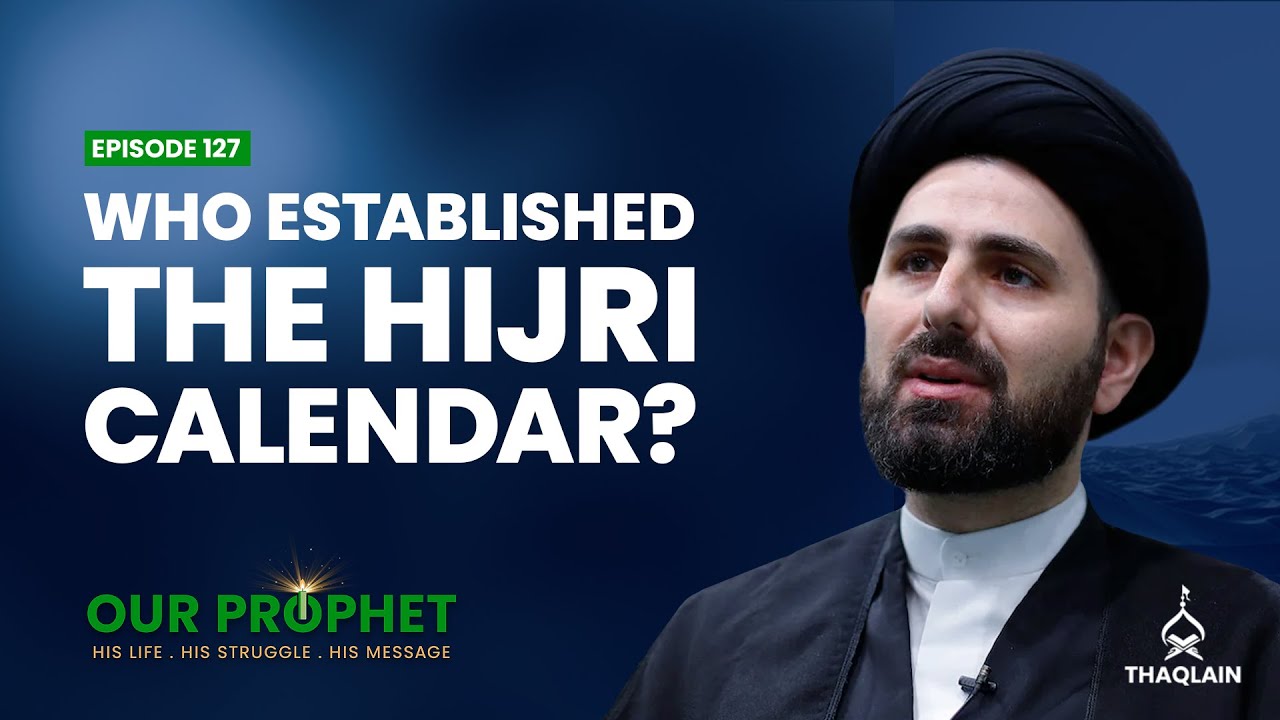History of Sawm (Fasting): Did Muslims Fast in Mecca? - Our Prophet 6 - 112/127
The final discussion, very briefly is, one was fasting obligated on Muslims? It seems that it seems from our sources that fasting was observed by Muslims in Makkah as well. Now, the mainstream Sunni view and a lot of scholars, they say this was mandated in Medina, but there are indications that fasting became wajib in Makkah, or at least it was practiced in Makkah. So Ja'far Al-Tayyar, Ja'far ibn Abi Talib, when he was speaking to the King of Habasha, what else does he mention in his sermon? He said this Messenger has commanded us to worship the one God, to pray, to give charity, and to fast. So he mentions fasting.
And we also have a source narrated by Sunni scholars, Al-Bidaya Wa Al-Nihayah, that is one book, Sunni book. Majma' Al-Zawa'id, another Sunni book. They narrate a hadith from 'Amr ibn Murra Al-Juhani. Basically, when he becomes Muslim in Makkah, the Prophet dispatches him to his tribe to invite them to the religion of Islam.
So, he [Amr] tells them, this is what the Prophet is saying, 'inni rasulun min Rasuli Allah ylaykum'- 'I am a messenger from the Messenger of Allah.' I am coming on behalf of the Prophet, 'Ad'ukum ila al-Jannah'- 'I am inviting you to heaven. I warn you of hell. I command you to not spill your blood. Not spill your blood, 'silatu ar-Rahm'. I command you, the Prophet is commanding them to keep ties with their family. Until he says, 'wa as-Siyam Shahri Ramadan.' He specifically mentions the month of Ramadan. When was this said? According to this hadith? In Makkah. So, there are some clues that Muslims did fast in Makkah.
So, what do we do when we examine these sources? It seems from my understanding that before Madinah, the month of Ramadan was not mandatory to fast.
The Prophets, salla Allahu 'alayhi wa aalihi, and Muslims would fast three days each month. Which three days? Layali al-Baydh, the white nights. What are the Layali al-Baydh? 13, 14, 15. Why are they called the Layali al-Baydh? Because you have a full moon. Because you have a full moon, they are called 'White nights', that means 'illuminated nights', which by the way, it is very recommended to fast those three days.
So, before Shahr Ramadan became wajib to fast, the Prophet, salla Allahu 'alayhi wa aalihi, would fast only three days, according to these narrations, the 13th, 14th and 15th of the lunar month, by the way. Not the calendar that we have, not the solar calendar, the lunar calendar. So, the 13th of the Hijri month, the 14th and the 15th.
[ 'Was it obligatory?'] So, it is not that clear, but there are indications that it was obligatory. Yes, Muslims had to fast only those three days of each month. Then, when the Prophet arrived in Medina, Allah Subhana wa Ta'ala reveals Surat Al-Baqarah, verse 183. Surat Al-Baqarah is a chapter that was revealed in Madinah. Verse 183 was revealed: "Ya ayyuha alladheena amanu, kutiba 'alaikumu as-Siyaam"(2:183). 'O you who believe fasting has been prescribed upon you, just as it has been prescribed on previous nations, so you achieve piety.'
Then, Allah mentions when? It is in Shahr Ramadan. So, it seems that Shahr Ramadan, observing the 30 day fast was made mandatory on Muslims in the city of Madinah, after the Prophet migrated. Shortly after his migration, Allah Subhana wa Ta'ala made that wajib. Before that, there was fasting. And it's very likely that they only fasted three days out of the month.
['So were the Muslims fasting in the battle of Badr that was in Ramadan?'] So, the Muslims at the battle of Badr, they were travelling. So, in that year, that is the year, the first year of the Hijrah. The battle of Badr was in the month of Ramadan.
So, these sources state that in the second year of the Hijrah in Sha'ban, Allah reveals the verse about Ramadan. That Ramadan, they had to fast. But, even at the battle of Badr, if fasting was mandatory, remember they were travelling, because Badr is far from Madinah. When you are travelling, obviously you do not fast.




























